 HSBC's record $1.9 billion payment to settle a U.S. investigation into money laundering that involved Mexican drug cartels and nations such as Iran is a new setback for the reputation of banks after a series of headline-grabbing scandals.
HSBC's record $1.9 billion payment to settle a U.S. investigation into money laundering that involved Mexican drug cartels and nations such as Iran is a new setback for the reputation of banks after a series of headline-grabbing scandals.
_ Swiss bank UBS blames a rogue trader at its London office for a $2.3 billion loss that is Britain's biggest-ever fraud at a bank. Kweku Adoboli, the 32 year old trader, is sentenced to seven years in prison. Britain's financial regulator fines UBS after finding its internal controls were inadequate and allowed Adoboli, a relatively inexperienced trader, to make vast and risky bets. The case has echoes of Societe Generale trader Jerome Kerviel who hid 5 billion euros of losses. Kerviel said SocGen turned a blind eye to his colossal positions in late 2007 and early 2008 as long as they made money for the bank.
_ Wells Fargo Bank agrees to pay at least $175 million to settle U.S. Department of Justice accusations that it discriminated against qualified African-American and Hispanic borrowers from 2004 through 2009. The department said the bank's discriminatory lending practices resulted in more than 34,000 African-American and Hispanic borrowers in 36 states and the District of Columbia paying higher rates for loans solely because of the color of their skin.
_ JPMorgan Chase announces a loss of $2 billion from a trade that was meant to protect the bank if the global economy sharply deteriorated. Later, losses from the bad trade swell to nearly $6 billion and shave much more from the company's stock market value. The episode heightens concerns that the biggest banks still pose risks to the U.S. financial system, less than four years after the financial crisis.
_ Barclays agrees to pay more than $450 million to U.S. and British regulators to settle charges that it attempted to manipulate a global benchmark interest rate known as LIBOR. The rate indirectly affect the costs of hundreds of trillions of dollars in loans that people pay when they get loans to go to college, purchase a car or buy a house. Numerous other banks are under investigation for similar violations.
_ An independent review finds Kabul Bank spirited some $861 million out of war-torn Afghanistan in a massive fraud based on fake loans to 19 individuals and companies. A bailout of the bank costs the equivalent of 5 percent of Afghanistan's gross domestic product, making it one of world's largest banking failures ever.
_ HSBC, Europe's largest bank, says it's paying $1.9 billion in penalties to settle a U.S. money laundering probe. The investigation into HSBC focused on the transfer of billions of dollars on behalf of nations such as Iran and the transfer of money from Mexican drug cartels. The bank said its anti-laundering measures were inadequate and said it was “profoundly sorry.''

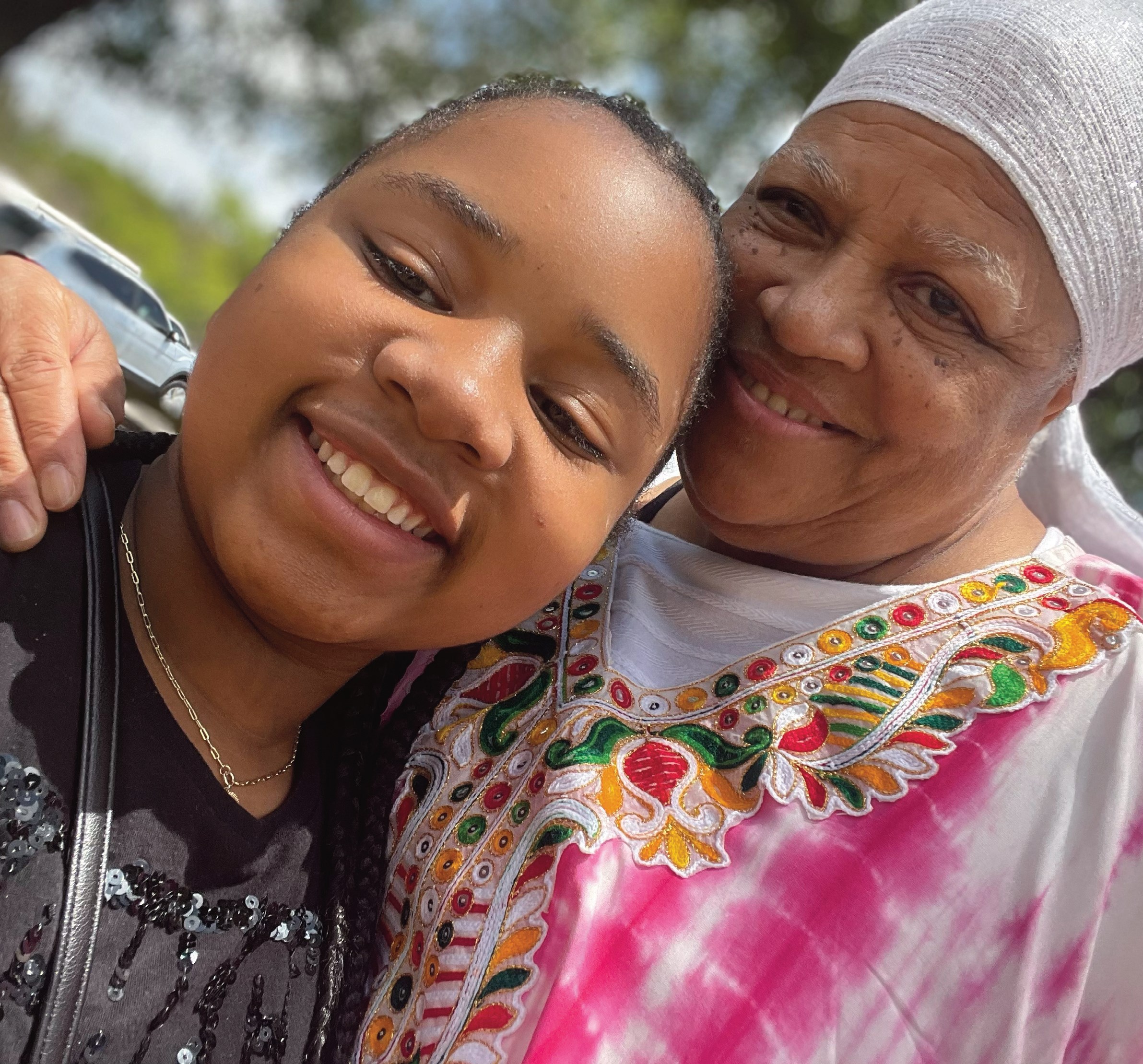

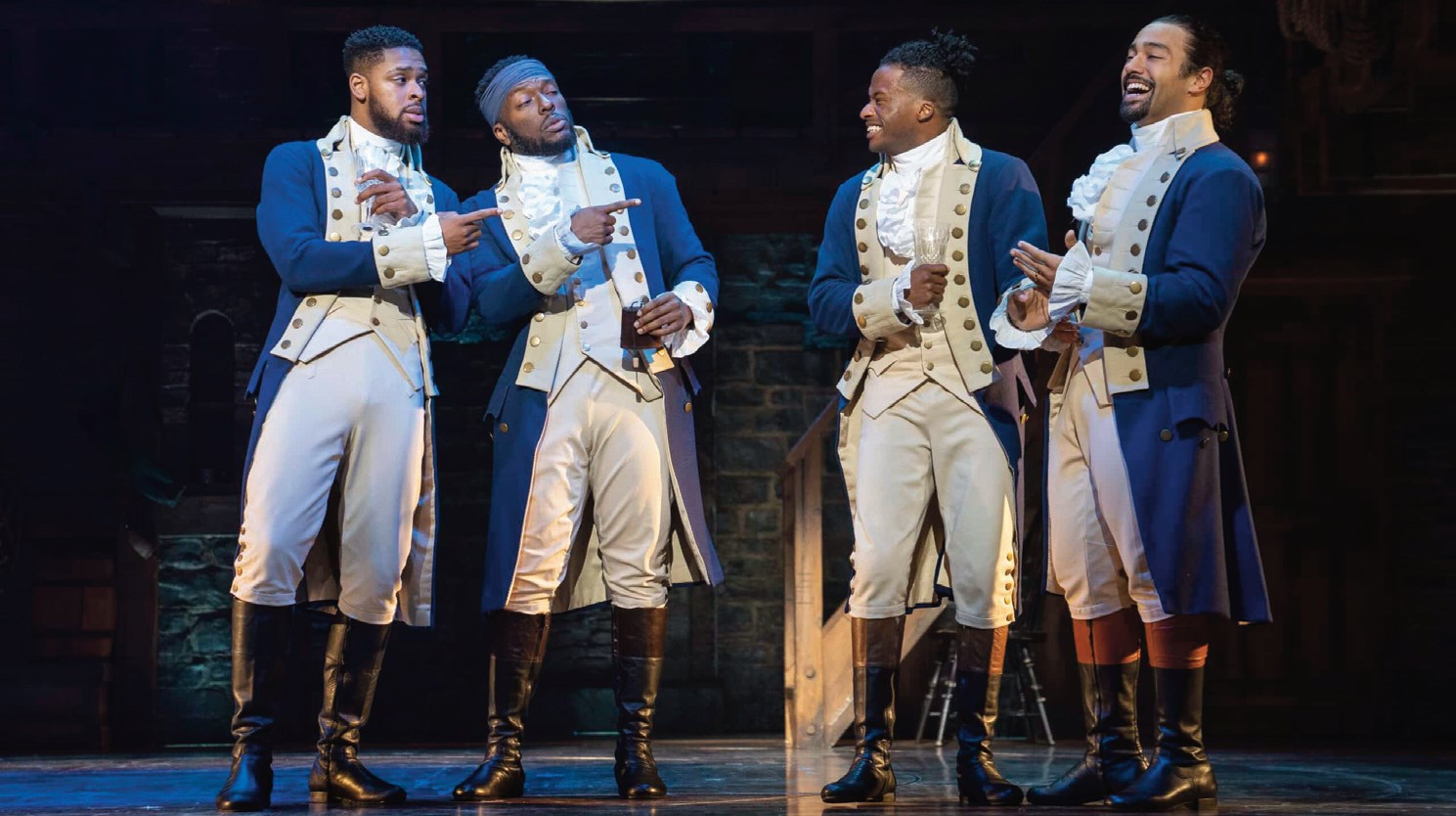
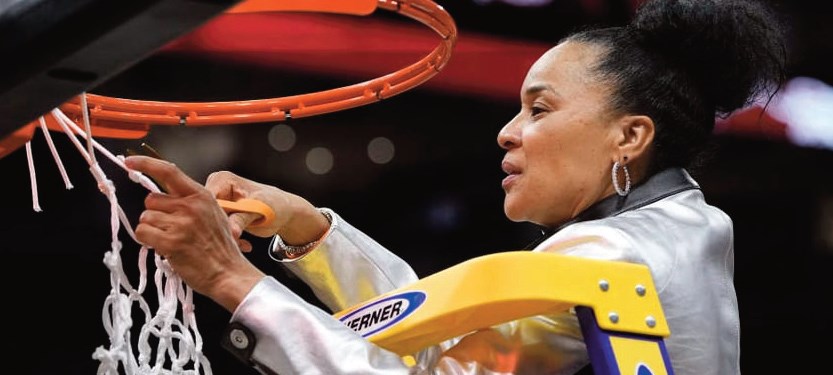
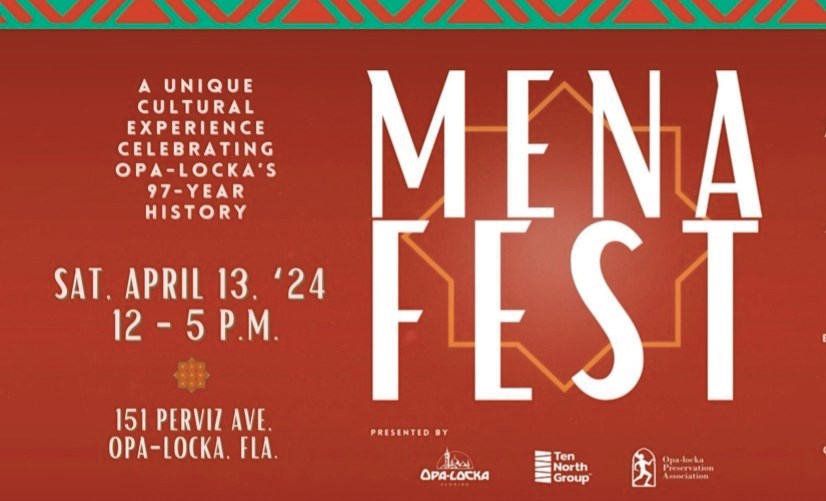
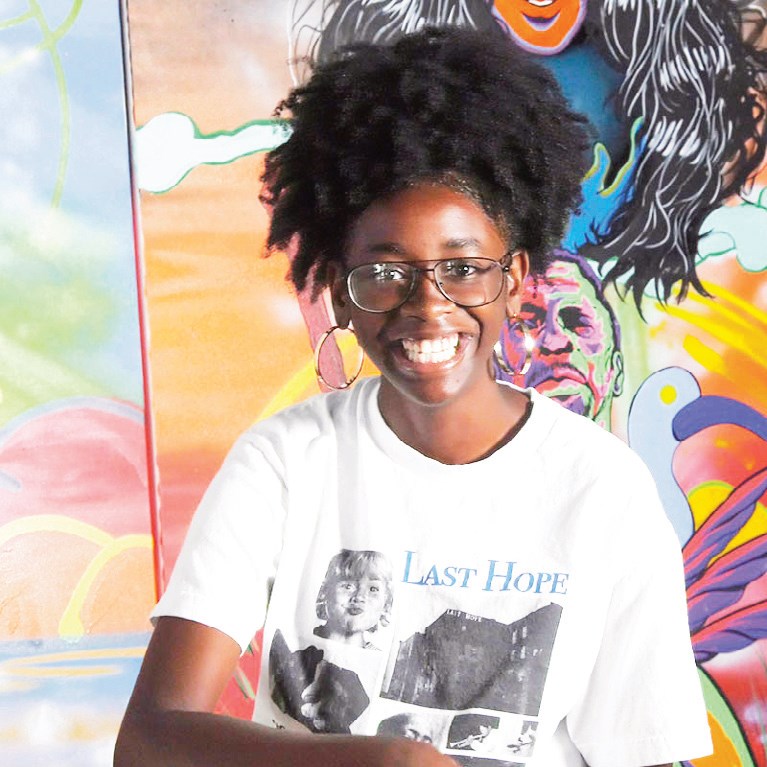
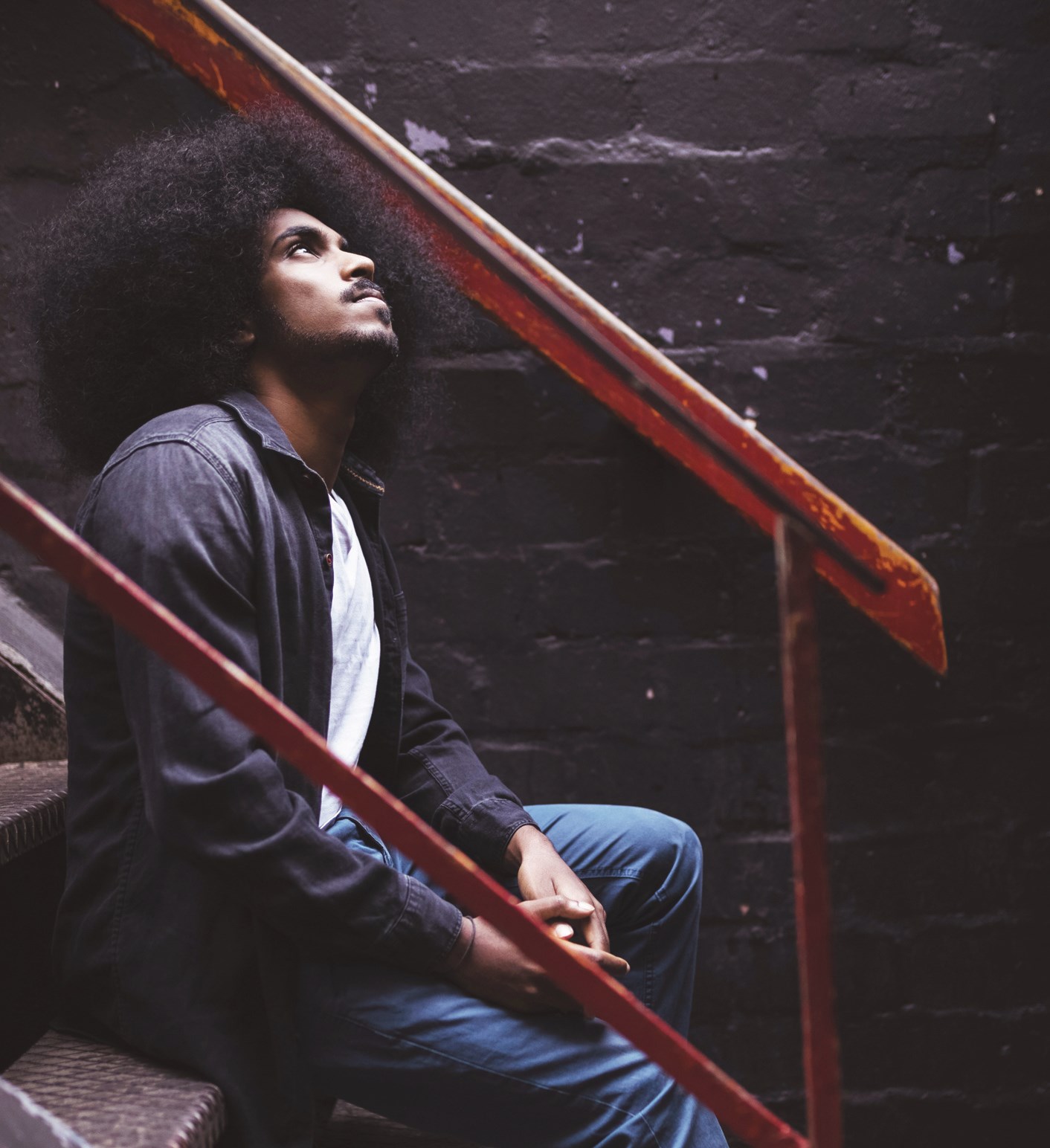
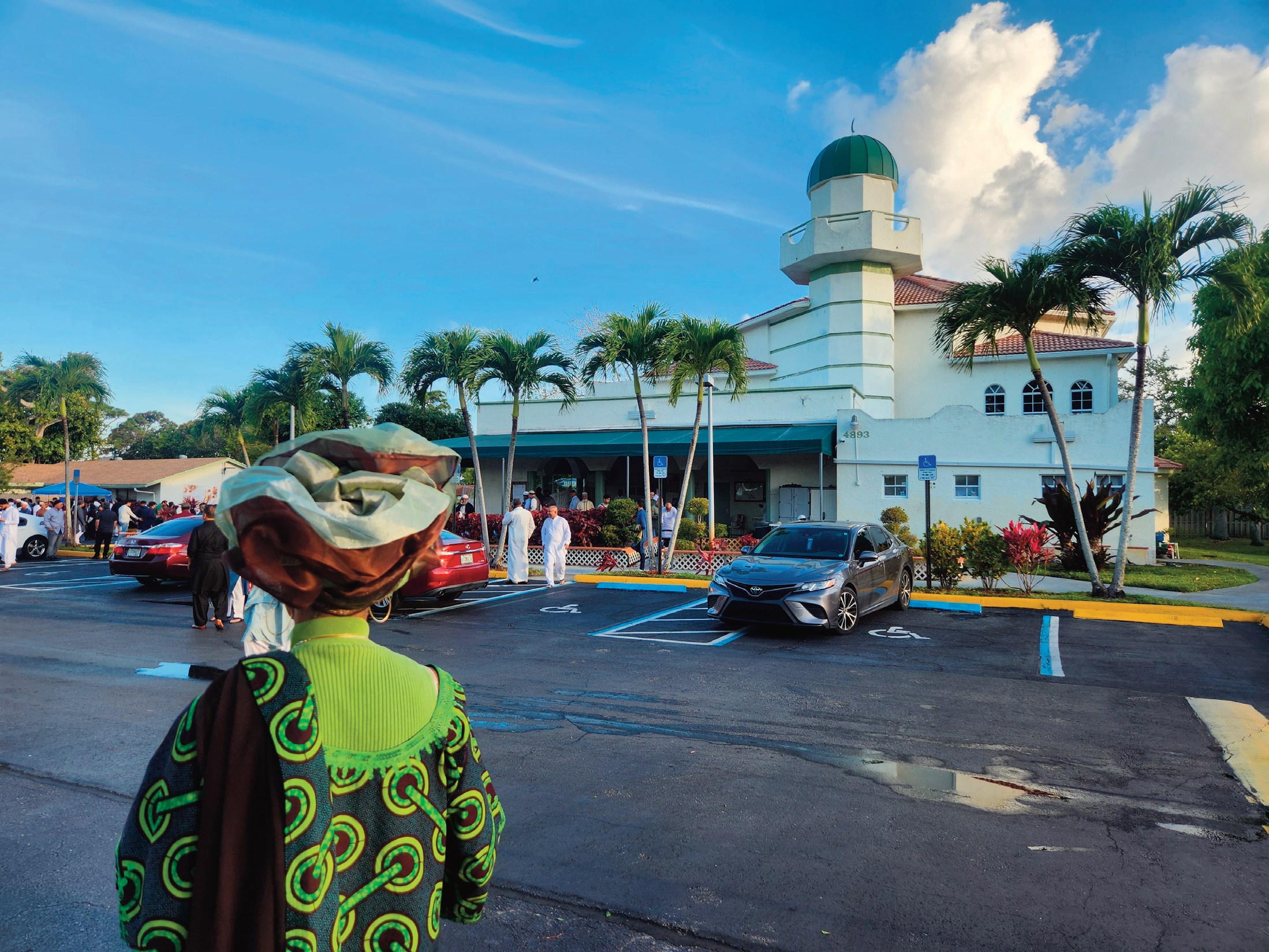
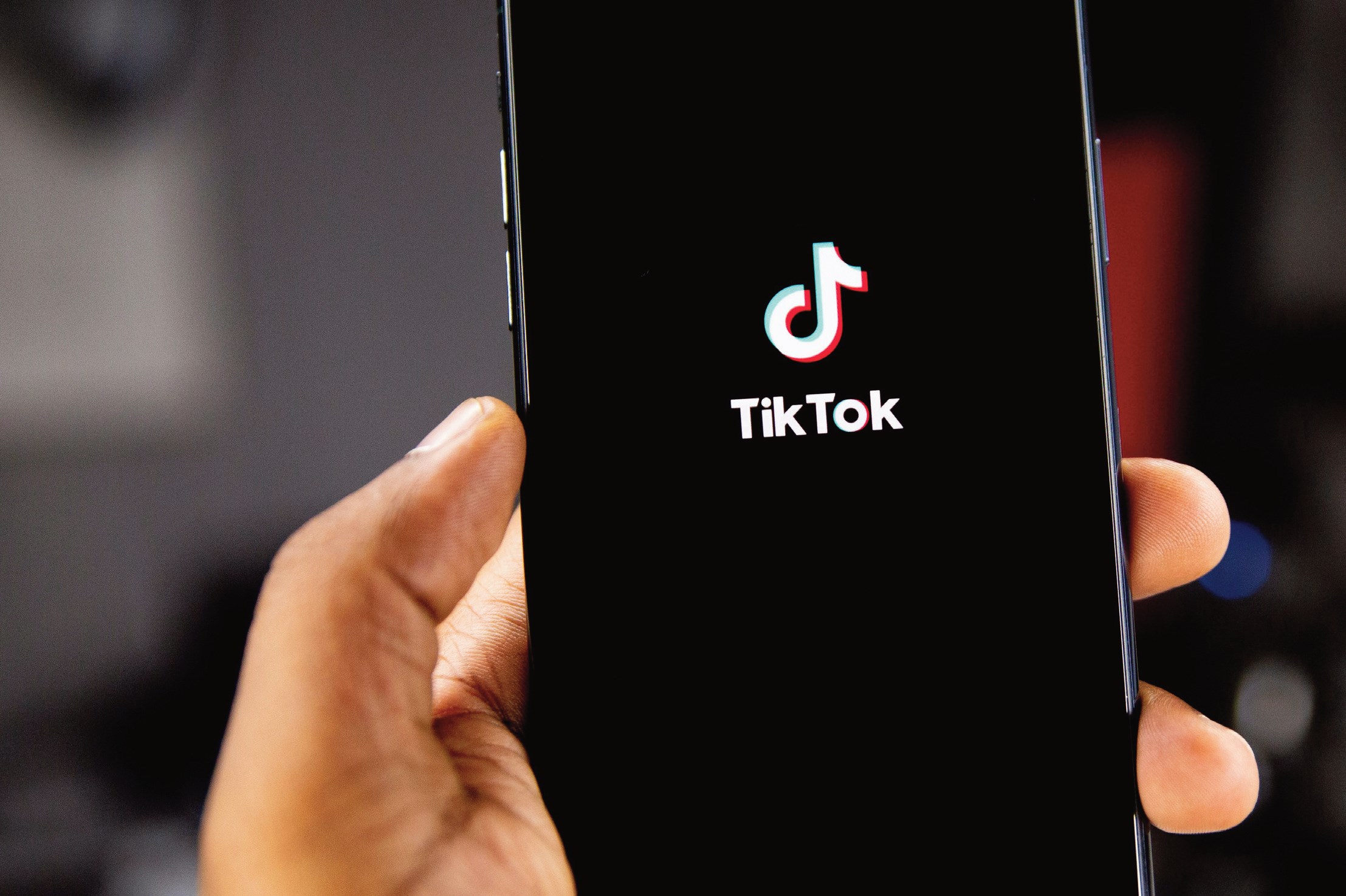
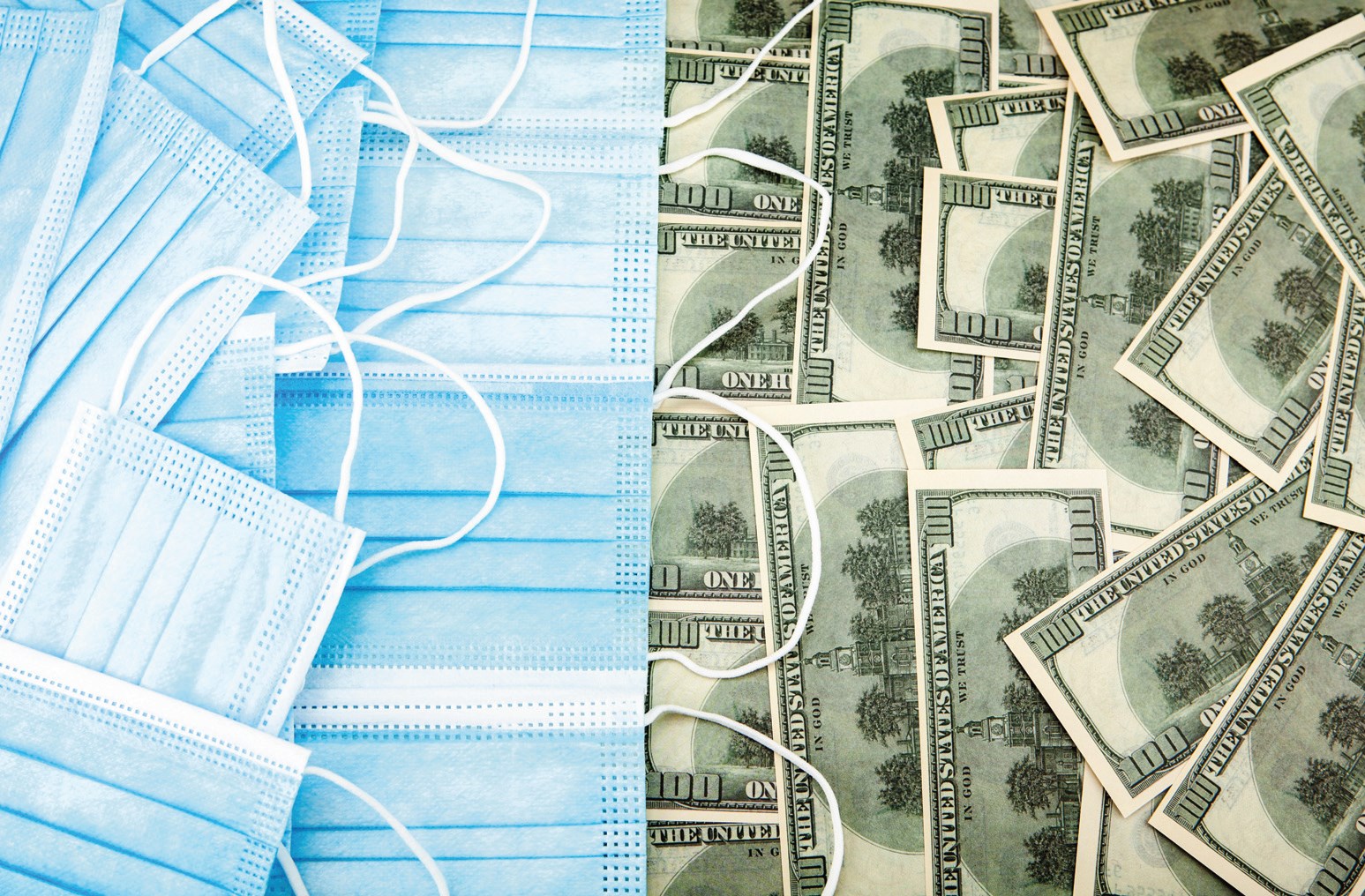
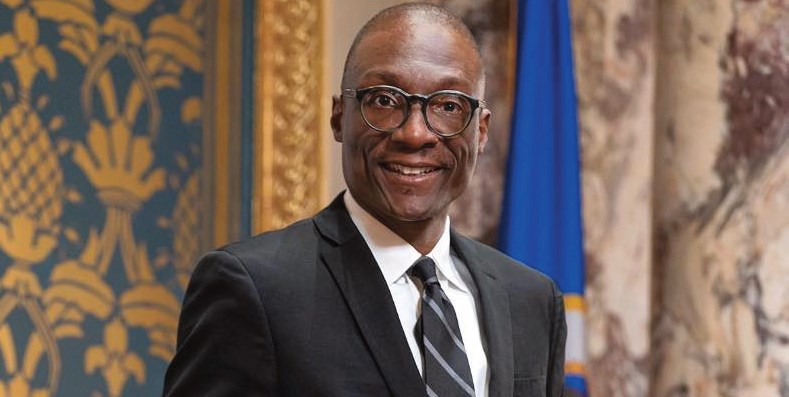
No Comment